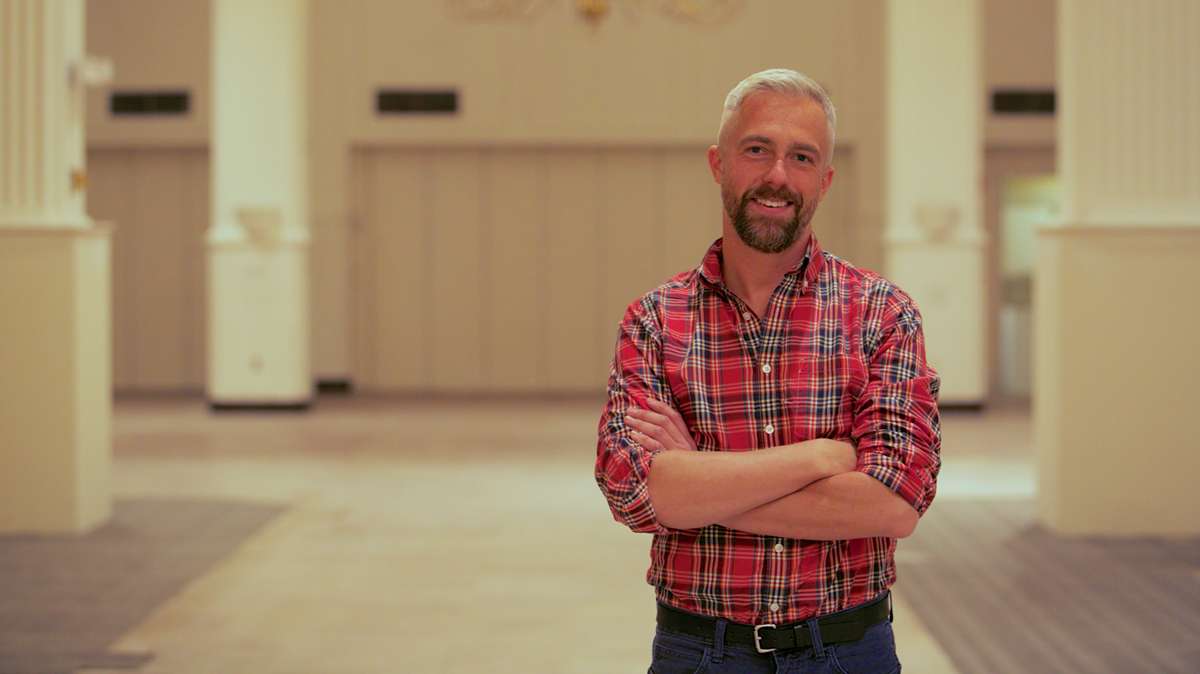Penn State professor champions the importance of worm research
-

The Franklin Flea will open on an underused stretch of Market Street in Center City, inside the ground floor of the old Strawbridge & Clothier department store (Nathaniel Hamilton/for Newsworks)
-

Old City resident Mark Vevle, creator of the Franklin Flea Market (Nathaniel Hamilton/for Newsworks)
-

The old Strawbridge & Clothier ground floor was once home to the department store's makeup counters (Nathaniel Hamilton/for Newsworks)
Penn State University is hosting a round-robin of science talks today to introduce its professors the rest of us. Biologist and featured speaker Isabella Cattadori may be the school’s biggest champion of worms.
In humans, worms take up residence in the body, and infection spreads when people come in contact with parasite eggs in feces. Dirty hands then transfer those eggs to food.
The gross-out factor is pretty high, but the death toll isn’t. The mortality from other infections, such as influenza, is more widespread. For that reason, biologist Isabella Cattadori said she thinks public health officials have underestimated the importance of worms.
Cattadori studies how the immune system fights off other infections, such as pneumonia in humans, when worms have already weakened the body.
“Some of these infections may become more aggressive, virulent, we may see more disease because we have worms infections,” Cattadori said.
Scientists can’t intentionally infect humans, so Cattadori’s team studies worms in rabbits.
She says they’ve discovered that rabbits with worm infection shed more virus.
“Basically what happens is rabbits sneeze and cough more bacteria in the environment,” Cattadori said. And that, she says, ups the chance that one rabbit will spread illness to the next.
Worm infection in humans is most prevalent in underdeveloped parts of the world — such as Bolivia, Laos and Uganda. However Cattadori says worm illness is also common in marginalized places in the United States with poor sanitation.
“For example, Appalachian communities, inner cities, some parts of the Cotton Belt or the communities that live in the border between the U.S. and Mexico,” she said.
The title of Cattadori’s science talk is “Neglected Yet Powerful Worm Infections.”
Penn State’s Discovery-U event is streaming LIVE this afternoon, Fri., Nov. 8, 2013.
Other speakers will discuss:
“Power to the Puny: How Do You Make a Micro-Robot?””The Vehicles Are Driving Us Now: Lessons in Humanity””Here Be Dragons – Environmental Science for People”
WHYY is your source for fact-based, in-depth journalism and information. As a nonprofit organization, we rely on financial support from readers like you. Please give today.

